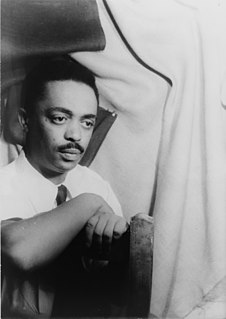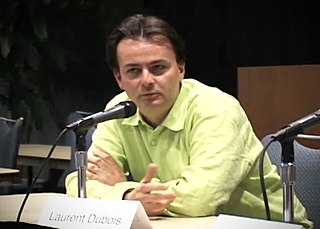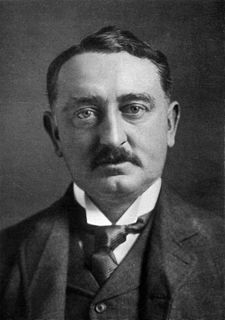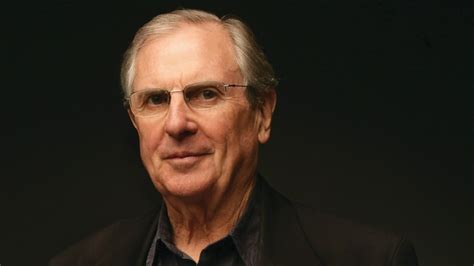A Quote by Gore Vidal
After the French Revolution, the world money power shifted from Paris to London. For three generations, the British maintained an old-fashioned colonial empire, as well as a modern empire based on London's primacy in the money markets.
Related Quotes
The London I entered was a great bustling metropolitan city at war, an imperial power fighting to hold on to that empire. And the teeming colonial subjects of that empire did not, on the whole, want England to lose that war, but they also did not want the empire to emerge unchanged from it. This, for very many of us, was the hard dilemma.
The Second World War had a precipitating effect in that it discredited the empires, as well as bankrupting them. Not only could you no longer, if you were a colonial subject of France in Africa, look to France as a model of power and influence and civility after what had happened in the war. Nor could the French any longer afford to run their empire. And nor could the British, although they were not discredited in the way that the French were.
The transformations of the French empire itself or of French power structures themselves as well as the emergence of a kind of language of equal rights starting with the American Revolution and the French Revolution provided an opportunity and in some ways connected with other kinds of ground level desires or hopes and ideologies for freedom that were coming out of the plantation regime itself.
The New World Order is a more palatable name for the Anglo American world empire. It's the planetary domination of London, New York, Washington over the rest of the world. It's hard to get people to join that or think they have a part in it if you called it the Anglo American world empire. If you call it the New World Order, then people in India or some place like that or the European Union might think, "Well, there's something there for us too." But that's not what it is; it's the Anglo American New World Order.






































